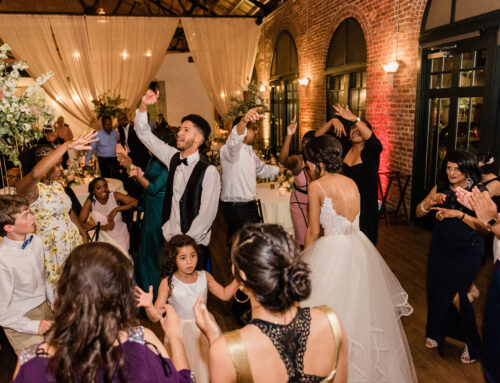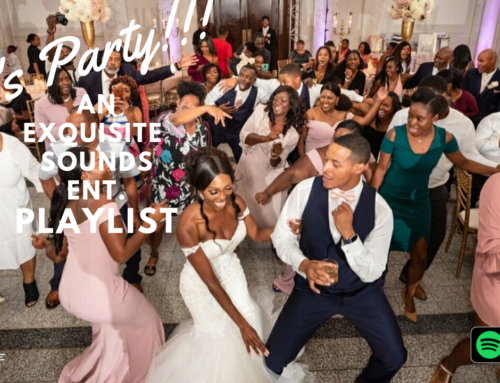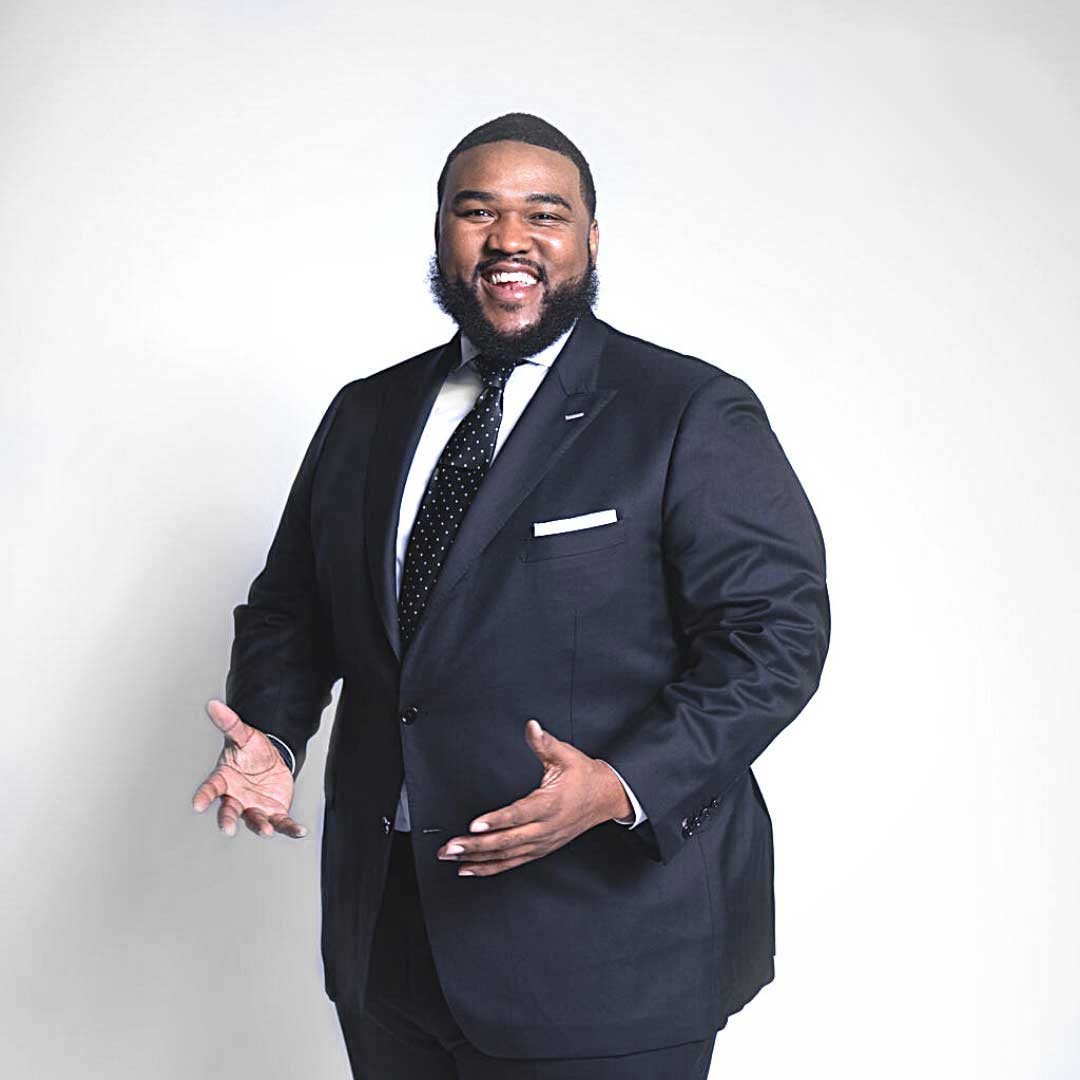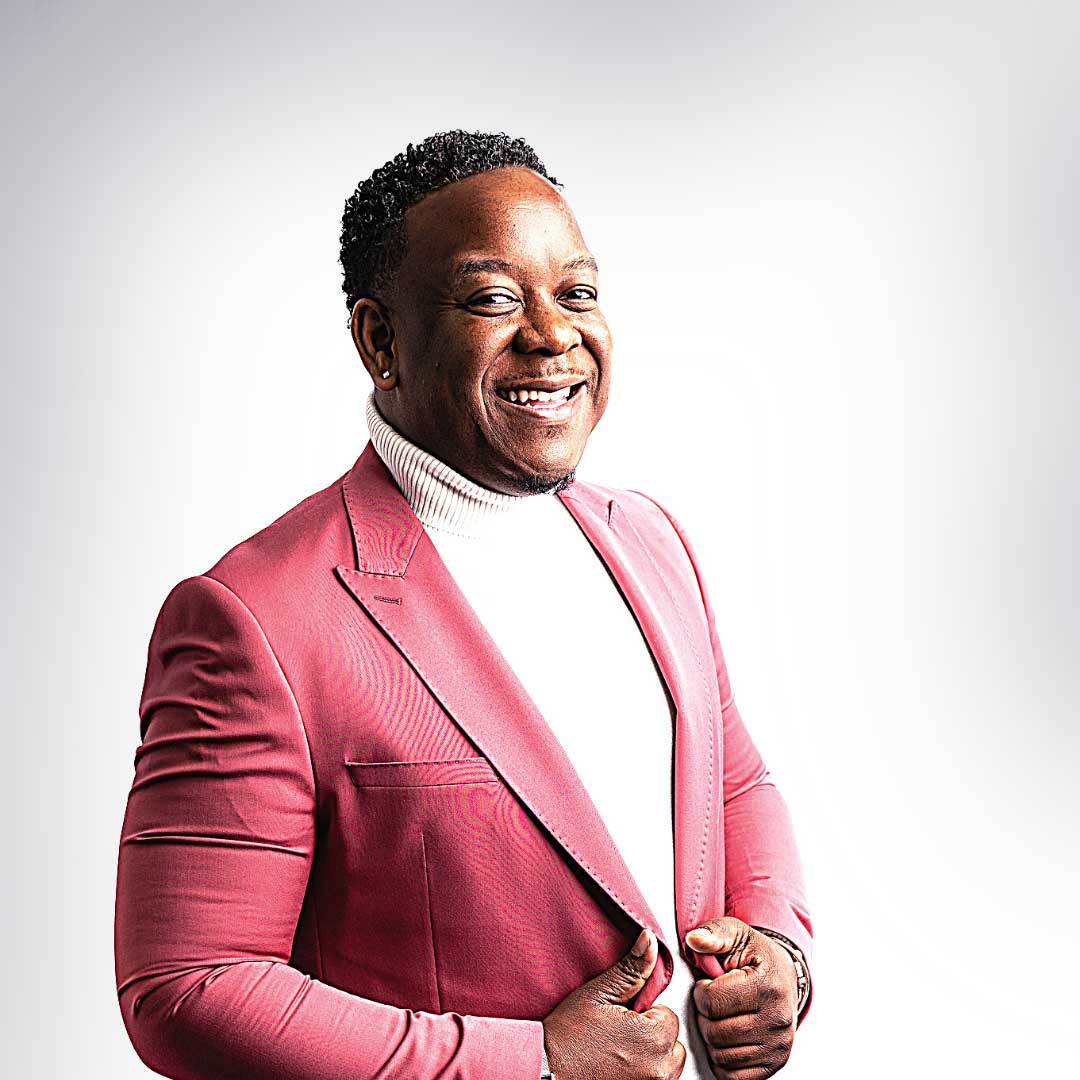A Brides Most Common Wedding Planning Mistakes
Planning for any Big Event is already a huge undertaking, but planning for you Wedding, is an entirely different type of situation. Your once in a lifetime celebration is something that the average Bride prepares for for an average of 14 months. That’s 14 months of Planning, Pinning, Liking, and executing on ideas, thoughts, dreams and wishes from everyone including your Parents, to your new InLaws. While it can be stressful or a big task, knowing some of the most common pitfalls or mistakes that Brides make, can help you avoid them and plan that Dream Wedding you’ve always dreamed of!!
- Not having a ‘rainy day’ plan.
If yours is an outdoor event, rain on your wedding day isn’t just ironic; it’s a game-changer. Too many people are tempted to just hope it won’t happen, which is the planning equivalent of sticking your fingers in your ears and yelling, “I can’t hear you, Rain!”
People don’t want to put the deposits down for tents, umbrellas, and golf carts they might not need—you pay 50 per cent and lose it if you don’t use them. But if you don’t book them early on and are marrying during peak wedding season, tents might not be available when the weather starts to look iffy. Meet with the tent company six to nine months ahead and think of the deposits as an investment in your peace of mind. We believe that if you have a good Plan B, it won’t rain, but if you haven’t considered ‘what if,’ it will undoubtedly pour. No matter how much you think coming up with a rain plan might jinx the forecast, do it. (And hey, if it does rain, sometimes the photos are worth it.)
This also applies to a number of different scenarios whereby failure /or an appearance of unexpected hiccups leads to some gloom and doom in your big day. Having backups and fall back plans is always a good plan.
- Failure to find out precisely when and How Vendors Wish to Receive Payment.
Each vendor requires payment in a different way, at different times, during the planning process. Some want a partial advance; others need to be paid in cash on the day of the wedding. Determining how each vendor wishes to receive their payments should be addressed early on rather than at the last minute. No bride wants to be surprised by the financials, especially in the days leading up to the wedding!
Important questions to ask include determining if the vendor will accept cheque or cash only. Ask: “Is final payment due the day before the wedding or on the day of the wedding?’ ‘Who does the payment go to?’’ These are the planning details that need to be ironed out in advance, to ensure smooth running and a well-coordinated system.
- You didn’t set a budget first.
Many couples make the mistake of not having a budget in the first place and trying to figure that out as they go. This only causes “chaos” in the lead-up to the wedding.
Don’t leave the money discussion until the end. You want to understand how much you have before you go shopping. Once you have that structure it allows you to figure out your priorities.
It’s important not to underestimate the cost of a wedding at this stage, either. Be realistic — think about how much you can spend, and not how much you think you can stretch.
With this in mind; however, don’t fall into a trap of letting your budget hold you back.
Many couples feel as though their budget is holding [them] back from having the wedding that [they] truly want. But it doesn’t have to be this way. You can have a beautiful wedding on a budget if you prioritize [spending your money on the most important aspects of your wedding] or you think of creative ways to make it happen.
- You’re not doing your research, if you are, is it enough?
Often, venues require couples to book their approved vendors for services like catering and flowers. And sometimes, couples may even feel obliged to hire someone who is a friend.
These aren’t always the best options. Couples don’t always do their research but they should make an effort to learn more about the wedding services they’re thinking of paying for before committing.
If you’re really unsure of where to start, hiring a well-connected wedding planner can help. They’ve done the work already so I think it’s wise to have their experience and their expertise.
- Keep your expectation at a checkpoint, not too high.
Too many couples expect absolute perfection on their wedding day. Even if something doesn’t go exactly according to plan, breathe. You can’t control everything, so just relax and enjoy your wedding day.
Don’t waste money fussing over the little things. The biggest thing that I see that can trip couples up is that they come in having no idea what they want to spend. This is true especially when it comes to the smaller details of the wedding day. Do not say yes to certain things without knowing how much you should be spending, and stop focusing too much on the details [of the wedding] without looking at the big picture.
It’s how you end up spending thousands of dollars on centrepieces that are dumped at the end of the night as opposed to a packed dance floor where the memories are made.















